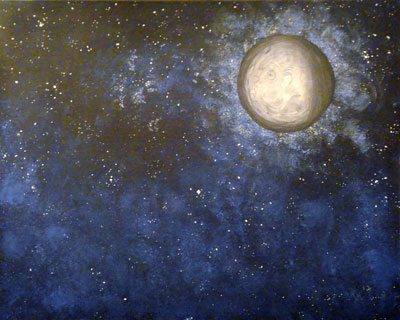All Nonfiction
- Bullying
- Books
- Academic
- Author Interviews
- Celebrity interviews
- College Articles
- College Essays
- Educator of the Year
- Heroes
- Interviews
- Memoir
- Personal Experience
- Sports
- Travel & Culture
All Opinions
- Bullying
- Current Events / Politics
- Discrimination
- Drugs / Alcohol / Smoking
- Entertainment / Celebrities
- Environment
- Love / Relationships
- Movies / Music / TV
- Pop Culture / Trends
- School / College
- Social Issues / Civics
- Spirituality / Religion
- Sports / Hobbies
All Hot Topics
- Bullying
- Community Service
- Environment
- Health
- Letters to the Editor
- Pride & Prejudice
- What Matters
- Back
Summer Guide
- Program Links
- Program Reviews
- Back
College Guide
- College Links
- College Reviews
- College Essays
- College Articles
- Back
Our Own Faults
Every time I close a book, I feel as if my world has been shifted. There's something about the end of a novel or the conclusion of a piece of literature that leaves me grappling with reality. With the conclusion of a novel , I always find a modification of my ideas, but there are a few books in particular that have completely changed my outlook on my own life.
I clearly remember finishing the young adult novel, The Fault in Our Stars, by John Green. I was sitting in my eighth grade pre-algebra class when I took a deep breath and closed the book, concluding my adventure into a different reality. The words, " I do Augustus, I do" still echoing in my memory. It was definitely not my best idea to finish this book during school hours, for over the last few pages, my eyes had become misty and my breaths irregular. This was the first novel that seceded in chancing my own reality by the use of a fictional one.
Once the cover was closed, I pushed the novel away from me, somehow thinking that the action might be able to draw me back into my middle school self. The class was loud around me, it always was, but I refused to hear them. I was still stuck in Hazel's reality. I was so wrapped up in her mind set that everyone and everything around me ceased to matter.
The book was fiction, young adult fiction; it wasn't supposed to suck me in and make me care so much about the lives of fictional characters and their fictional suffering, yet John Green had managed to do just that through skillfully crafted metaphors that posed a completely new way of looking at the world. From the first person point of view of Hazel Grace Lancaster, I discovered things about human existence that would have further gone unnoticed by me if I had never picked up The Fault in Our Stars.
This novel was a rude awakening to the fact that as humans, we are temporary. Even the mark that we leave on the world will will one day cease to exist. Do you realize that for every one person alive, there are only fourteen people dead? Yet, how many people are left unknown after their deaths? This truth left me struggling to find meaning in my life as a resident on earth. It's something my mind still ponders, even a year and a half after closing The Fault in Our Stars, so much so that I had to reopen it.
At midnight last night, when I closed the book for the second time, I was again hit with a bigger picture of human reality. a year in a half later, equipped with more life experience, my brain was able to wrap itself around the even larger topic of how humans affect the world. I lay in bed for about thirty minutes, my body heavy with sleep, but my mind refusing to still. It moved nonstop with thoughts of life, death, and human purpose. Big questions that The Fault in Our Stars had posed, but vaguely answered, leaving readers to questions to their own existence and the scars they leave in the world.
And me, what scars have I left? Have I done more bad than good in the world, as Augustus Waters suggests all people do. Do I harm people more than I benefit them in my brief existence on earth? Will I be remembered when my reality ceases to exist? One book caused all these questions to tumble through my head so late at night, preventing me from sleep. Just like in the book, my mind has left these questions vaguely answered, and they might always be left that way.

Similar Articles
JOIN THE DISCUSSION
This article has 0 comments.
